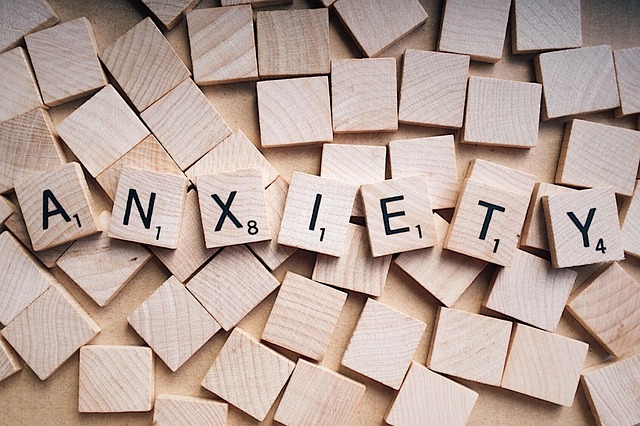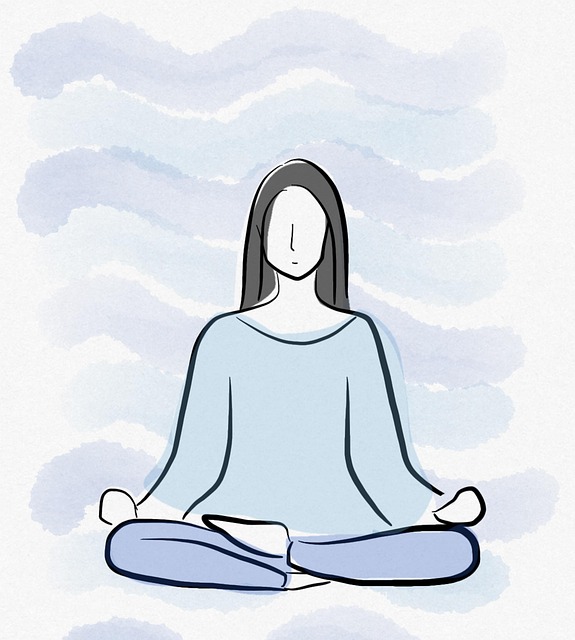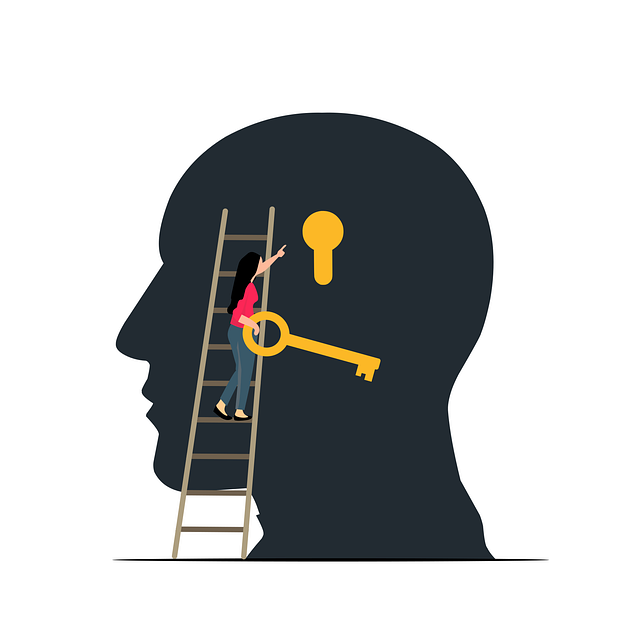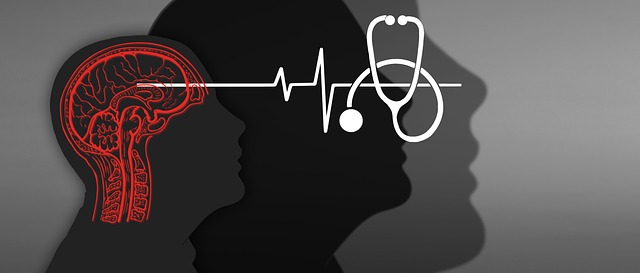Mindfulness meditation is a powerful tool in therapy for adults and couples counseling, enhancing well-being, building resilience, and improving emotional regulation skills. By cultivating present-moment awareness, regular practice leads to better mental health outcomes, increased life satisfaction, and improved communication, making it an essential aspect of therapeutic sessions. Overcoming challenges through consistent, guided practices integrated into daily routines can foster profound personal growth and strengthen relationships.
“Unwind your mind and embrace tranquility with our comprehensive guide to mindfulness meditation. This ancient practice is transforming lives, offering a powerful tool for stress reduction and improved adult wellbeing. From its therapeutic foundations in mental health treatment to its application in couples counseling sessions, discover how mindfulness strengthens connections and fosters balance.
Learn practical tips for beginners seeking to establish a consistent meditative routine, and gain insights into overcoming common challenges. Cultivate peace within and unlock the full potential of mindfulness meditation.”
- Understanding Mindfulness Meditation: A Foundation for Therapy
- Benefits of Mindfulness for Adult Wellbeing and Stress Reduction
- Incorporating Mindfulness into Couples Counseling Sessions
- Practical Tips for Establishing a Meditative Routine
- Overcoming Challenges and Cultivating Consistency in Your Practice
Understanding Mindfulness Meditation: A Foundation for Therapy

Mindfulness meditation is a powerful tool that serves as a foundational practice for therapy, especially in the context of adults and couples counseling. It involves a conscious focus on the present moment, observing thoughts, feelings, and sensations without judgment. This simple yet profound act has been shown to enhance well-being, foster resilience building, and prevent burnout.
In therapeutic settings, mindfulness meditation helps individuals cultivate awareness, leading to better understanding of their emotions and behaviors. It creates a safe space for introspection, enabling clients to navigate through complex feelings and relationship dynamics. Through regular practice, clients can develop enhanced emotional regulation skills, improve communication in couples counseling, and cultivate a deeper sense of self-awareness—all crucial aspects for personal growth and improved mental health.
Benefits of Mindfulness for Adult Wellbeing and Stress Reduction

Mindfulness meditation has emerged as a powerful tool for enhancing adult wellbeing and reducing stress. By focusing on the present moment, individuals can cultivate a deeper sense of self-awareness, leading to improved emotional regulation and mental clarity. Regular practice has been linked to significant benefits such as reduced anxiety and depression symptoms, enhanced concentration, and increased overall life satisfaction. This ancient technique is not only valuable for individual growth but also plays a crucial role in therapy for adults and couples counseling, offering a natural and effective approach to stress reduction.
Incorporating mindfulness into daily routines can boost confidence and promote better mental health outcomes. Mental Health Education Programs Design often emphasize the importance of self-care practices like meditation for trauma support services. By learning to observe thoughts without judgment, individuals can develop resilience in navigating life’s challenges, fostering a healthier relationship with their minds. This practice is particularly beneficial in managing stressful situations, as it allows one to respond rather than react impulsively, thereby reducing the negative impact of stress on both mental and physical health.
Incorporating Mindfulness into Couples Counseling Sessions

Incorporating mindfulness into couples counseling sessions offers a powerful tool for enhancing therapy outcomes, especially within the context of therapy for adults and couples counseling. By integrating mindfulness practices, counselors can facilitate a deeper level of awareness and understanding between partners. This approach allows individuals to cultivate present-moment awareness, enabling them to navigate conflicts with increased empathy and emotional regulation.
Mindfulness meditation techniques can be tailored to address various challenges in relationships, including communication barriers, stress management, and depression prevention. Through guided meditations, partners learn coping skills development that promote cultural sensitivity in mental healthcare practice. By fostering a shared practice of mindfulness, couples counseling sessions become more interactive and supportive, ultimately enhancing the therapeutic experience and strengthening the bond between partners.
Practical Tips for Establishing a Meditative Routine

Establishing a mindful meditation routine can be transformative for adults seeking therapy or couples counseling. Start by carving out a dedicated space – even a small corner – that feels calm and peaceful, free from distractions. Consistency is key; aim to practice for just 10-15 minutes daily. Begin each session with a few deep breaths, allowing your body to relax and focus your mind. Consider using guided meditations or apps designed for beginners to help you stay on track.
Integrate mindfulness into your day-to-day life by incorporating short moments of awareness throughout the day. This could be as simple as focusing on your senses during a walk or practicing mindful eating. Remember, meditation is a skill that develops with regular practice; be patient and compassionate with yourself. Over time, you’ll find that increased self-awareness, enhanced emotional regulation, and boosted confidence can positively impact both personal growth and relationships, as supported by Healthcare Provider Cultural Competency Training and Self-Awareness Exercises.
Overcoming Challenges and Cultivating Consistency in Your Practice

Overcoming challenges is an integral part of establishing a consistent mindfulness meditation practice. It’s common to face obstacles along the way, such as finding time in a busy schedule or maintaining focus during sessions. However, these challenges are surmountable with dedication and the right strategies. Start by setting realistic goals; begin with shorter meditation durations and gradually increase them as your practice deepens. Incorporate mindfulness into daily activities like walking or eating to maintain awareness when formal practices feel daunting.
Consistency is key to unlocking the benefits of mindfulness meditation. Think of it as fostering a relationship with yourself—a nurturing process that requires patience and commitment. Integrating mindfulness into your self-care routine, much like participating in Community Outreach Program Implementations or developing a Self-Care Routine Development for Better Mental Health, can enhance your overall well-being. Consider seeking support from Mental Wellness Coaching Programs Development to provide guidance, accountability, and tailored strategies for cultivating a sustainable meditation practice.
Mindfulness meditation, as explored in this article, offers a powerful tool for enhancing adult wellbeing and reducing stress. Its benefits extend beyond individual practice, also proving valuable in couples counseling sessions. By establishing a consistent meditative routine, individuals can overcome challenges and cultivate a sense of calm, which can significantly improve therapy outcomes for both adults and their relationships. Incorporating mindfulness into daily life fosters resilience, promotes healthier communication, and creates space for deeper connection—a game-changer for those seeking therapy or looking to strengthen their partnerships.














